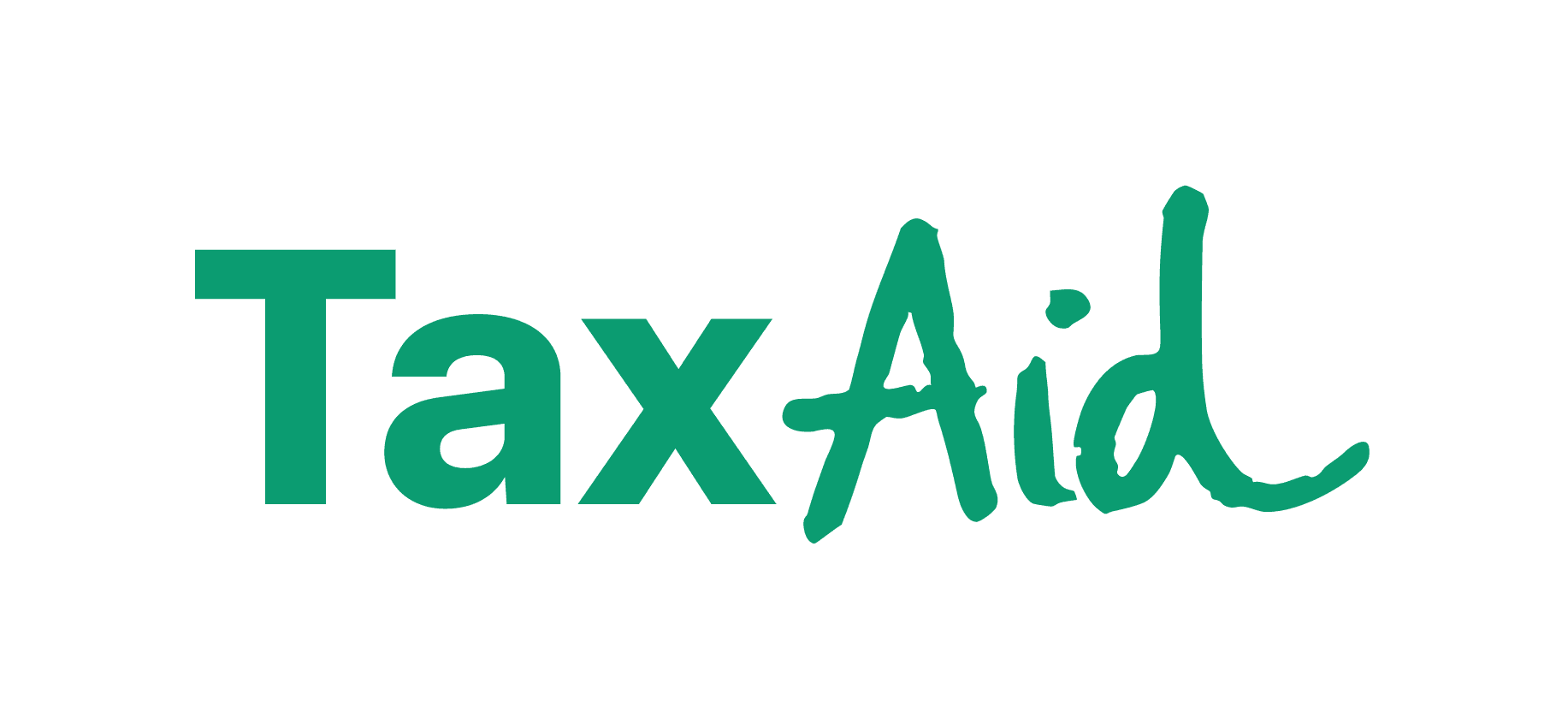You may have heard the noise in the media over the last few weeks regarding a new ‘side hustle tax’ introduced from 1 January 2024. This short article aims to identify fact from fiction and to provide some clarity over the recent changes.
Despite what online articles are suggesting, there is no new ‘side hustle tax’. Instead, from 1 January 2024, new requirements have been introduced relating to the reporting between online platforms and HMRC. Online platforms such as Vinted, eBay and Etsy will now need to collect information about people who make money through their platforms and send this to both HMRC and the individual themselves. These new rules do not create new tax obligations for individuals. The rules about who needs to declare income or register with HMRC for Self-Assessment have not changed.
Individuals who occasionally sell things online, for example to clear up space or because they are no longer wanted, are unlikely to have a reporting obligation. Any money received is generally not taxable. Typically, these items are sold for much less than they were acquired.
Those who regularly sell things online that they have either made or bought specifically to sell on at a profit are likely to be considered to be trading by HMRC. If the income amounts to more than £1,000, or they do not qualify for the trading allowance, the individual will need to report the income to HMRC and register for Self-Assessment.
The new changes simply mean that for those that have been trading, and should have been reporting income to HMRC, the chance that HMRC will find out about the income will now increase. Therefore, if an individual is required to declare income and they are not doing so, they will need to take action to bring their affairs up to date. This may include registering with HMRC for Self-Assessment, filing any outstanding tax returns and paying any tax liability that is due.

